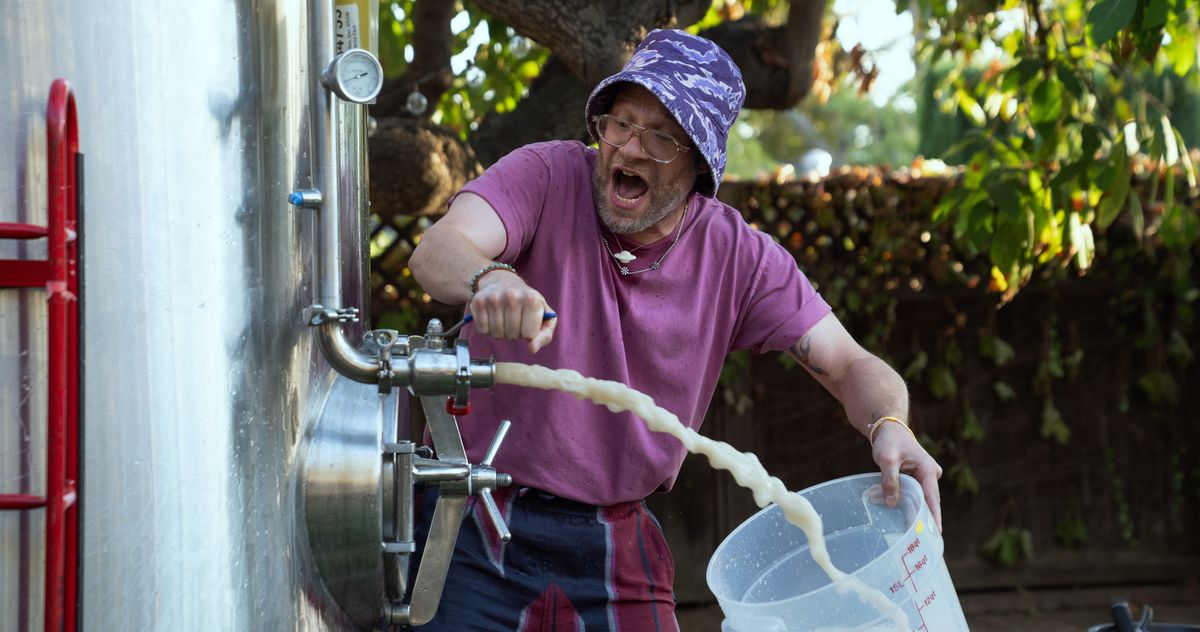
"In season one, Platonic was an enjoyable little sitcom that nonetheless faded from my memory pretty quickly. But something was different about season two from the beginning, and I still haven't totally figured out what it is. There's just something clicking this time around - the characters and their dynamics are more lived-in and distinct, and the storylines themselves feel more engaging and thoughtful without ever fundamentally altering the tone."
"There's no serious threat of Sylvia and Charlie getting divorced, for example - I don't think that idea ever occurred to either of them this season, and I don't think Platonic ever really wanted us to fear that. But there is a natural strain in the marriage from these built-up resentments and the lack of communication between them. That gives the story stakes while letting it maintain its breezy feel."
"The episode begins by patiently establishing this new normal, with Sylvia landing big gigs that require her to travel almost nonstop. She's the breadwinner of the family now, as Katie points out on her podcast, and it does feel validating for her to be working again. But she's clearly lonely and misses her family. And Charlie isn't exactly happy either, even with the freedom to devote most of his time to Brett Coyote."
Season two strengthens character relationships and clarifies dynamics, making interactions feel more lived-in and distinct. The finale "Brett Coyote's Last Stand" ties up several season-long arcs within a slightly extended runtime. The two central pairings—Will with Sylvia and Sylvia with Charlie—face low-key conflicts that raise stakes without threatening major ruptures like divorce. Sylvia's career demands increase as she becomes the family's breadwinner, creating loneliness despite professional validation. Charlie struggles with writer's block and the isolating routines of home life. A lunch with Stewart prompts Charlie to reconsider his relationship to work and creative identity.
Read at Vulture
Unable to calculate read time
Collection
[
|
...
]